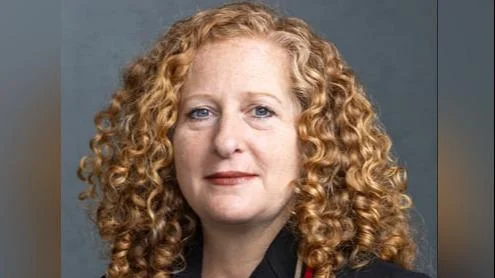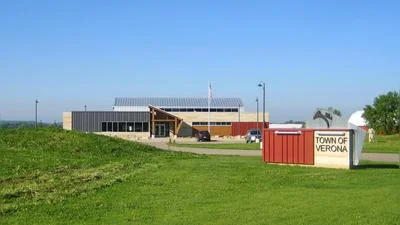Jennifer Mnookin Chancellor | Official website
Jennifer Mnookin Chancellor | Official website
The Wisconsin Alumni Research Foundation (WARF) has announced a commitment of $15 million over the next three years to enhance the University of Wisconsin–Madison's efforts in artificial intelligence research and education. This funding will support the university's Research, Innovation and Scholarly Excellence Initiative (RISE), specifically focusing on AI.
RISE aims to accelerate faculty hiring, improve research infrastructure, foster interdisciplinary collaboration, and increase student opportunities. The initiative plans to hire 120 to 150 new faculty members over three-to-five years in key areas that are significant to Wisconsin and have the potential for broad societal impact.
RISE-AI is the first focus area of this initiative, which was announced in February. It seeks to build upon UW–Madison’s existing expertise across various disciplines. WARF's financial support will be used for advanced technology acquisition, enhancing research staff capabilities, and covering start-up costs for researchers.
"AI is already shaping our present," said UW–Madison Chancellor Jennifer L. Mnookin. "With WARF as a partner, we’re hitting the ground running with RISE-AI to ensure UW–Madison can lead the way in shaping AI’s role in our future."
Erik Iverson, CEO of WARF, expressed pride in supporting the initiative: "Supporting research and faculty hires in the fast-changing field of artificial intelligence is an important contribution to our society."
This investment will help UW–Madison compete in markets for computer technology and skills while supporting various fields related to AI advancement. This fall, two new hires were made through RISE-AI by the School of Human Ecology.
Charles Isbell, UW–Madison provost and computer scientist conducting AI research, emphasized strategic expansion: "By intentionally expanding on our already incredible expertise...we now have an opportunity...to support people who do that amazing work."
Dorota Brzezinska, vice chancellor for research at UW–Madison, highlighted the initiative's significance: "We are grateful to WARF for supporting this critical initiative...AI is here today...we are able to quickly respond to some of our society’s most pressing problems."
In addition to this specific grant, WARF provides annual funding for UW–Madison researchers and projects through its Morgridge Institute for Research. In 2025 alone, their total support will amount to $159.8 million.






 Alerts Sign-up
Alerts Sign-up